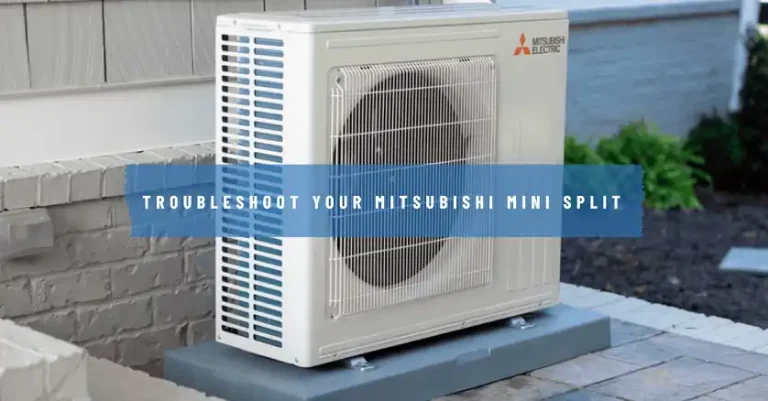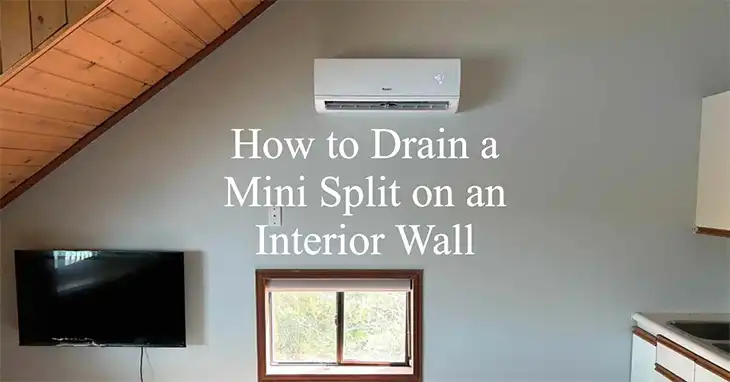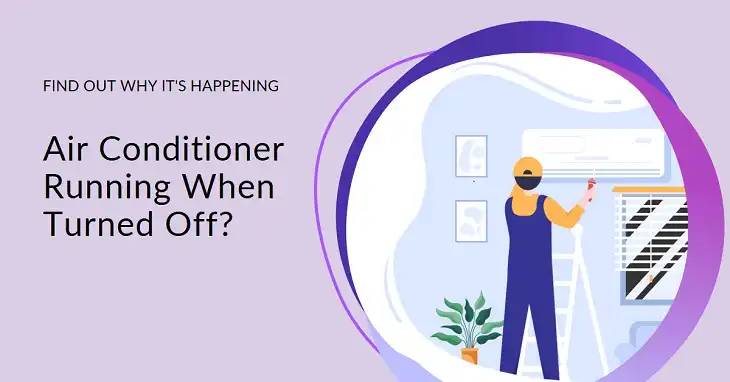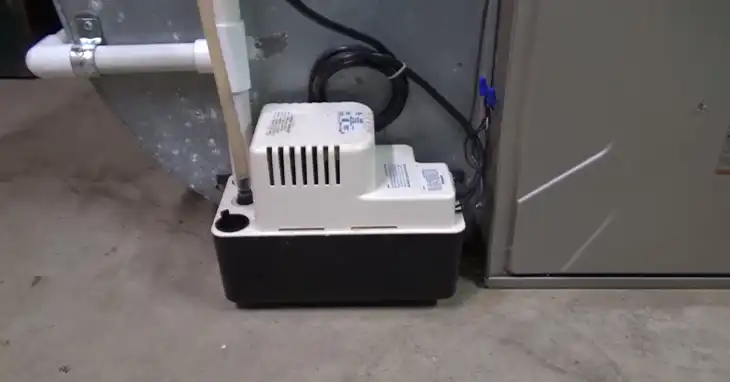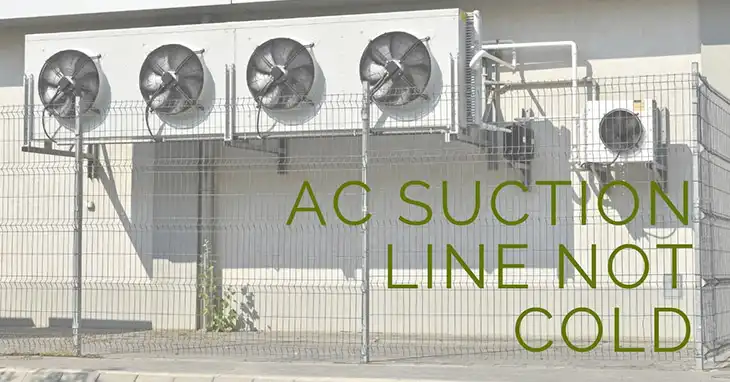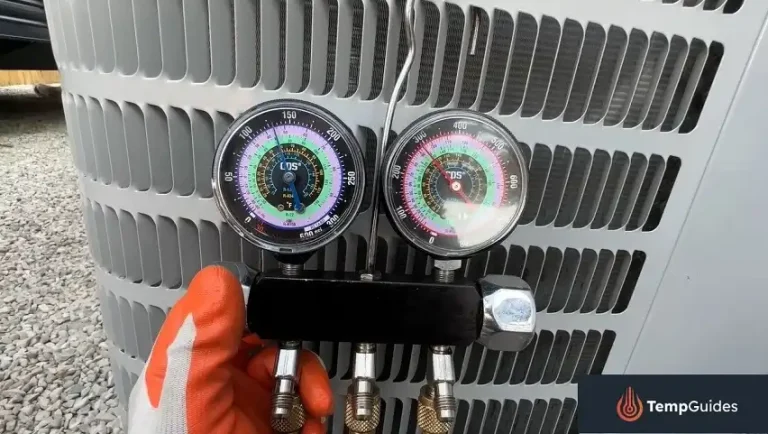How to Fix Goodman Air Conditioner Noise when Running?
Goodman is a leading manufacturer of high-quality HVAC systems, offering reliable and efficient air conditioning solutions. However, even the best units can develop noise issues over time, disrupting your comfort and potentially indicating underlying problems. Addressing unusual noises promptly is crucial to ensure your Goodman air conditioner operates smoothly, and efficiently, and extends its lifespan.
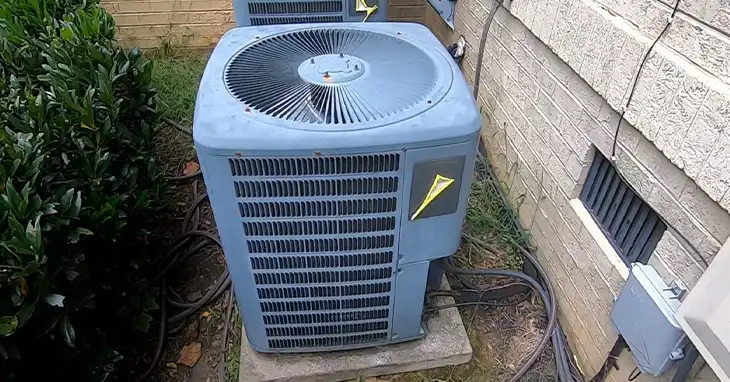
Understanding Normal vs. Abnormal AC Noise Levels
All air conditioning systems generate some level of operational noise, which is generally considered normal. For Goodman units, a sound level between 50 and 70 decibels (dB) is typical during regular operation. This range is comparable to the noise level of a running refrigerator or a conversation at home.
Normal operational sounds may include:
- The gentle hum of the compressor
- The whirring of the fan blades
- Air flowing through the vents
However, any abrupt, loud, or persistent noises that deviate from these regular sounds should be investigated, as they can indicate potential problems. Abnormal noises may include rattling, screeching, banging, or intense vibrations.

Identifying the Source of the Noise
The first step in addressing a noisy Goodman air conditioner is to identify the source of the sound. Noises can originate from different components and locations within the system, including:
- Indoor Unit (Air Handler/Blower Compartment)
- Rattling or clanking could indicate loose parts or debris in the blower compartment.
- A high-pitched whining or screeching noise may signify a failing blower motor or bearings.
- Outdoor Condensing Unit
- Rattling or grinding sounds could be caused by a worn fan blade, loose components, or a failing motor.
- A hissing noise may indicate a refrigerant leak, which requires immediate attention.
- Knocking or banging noises often point to compressor issues, which are more serious.
- Ductwork and Vents
- Whistling or howling noises from the vents could be due to loose ductwork or obstructions in the airflow path.
Carefully listen to the nature and location of the noise to help pinpoint the potential cause.
Common Indoor Unit Noise Causes and Solutions
Clogged Air Filter
The air filter plays a crucial role in maintaining proper airflow within your air conditioning system. When it becomes excessively clogged with dust, dirt, or debris, it restricts the flow of air, forcing the blower motor to work harder than intended. This extra strain can cause the motor to generate rattling, buzzing, or even screeching noises as it struggles to circulate air through the obstructed filter.
To resolve this issue, simply clean or replace the air filter according to the manufacturer’s recommended schedule, typically every one to three months during peak cooling seasons.
Loose Blower Components
Over time, the constant vibrations and movements within the indoor unit can cause screws, panels, or other components in the blower compartment to become loose. As these parts shift or rattle against one another, they produce a distinct clanking or rattling noise that can be quite disruptive.
Addressing this issue requires a thorough inspection of the blower compartment to identify and tighten any loose screws, fasteners, or components. If the noise persists after tightening, it may indicate a more complex issue, and consulting a professional HVAC technician would be advisable.
Failing Blower Motor or Bearings
The blower motor is responsible for circulating air throughout your home’s ductwork, and as it ages, its internal bearings can wear down. When these bearings deteriorate, they can cause the motor to produce a high-pitched whining, grinding, or screeching noise as it struggles to rotate smoothly.
In some cases, lubricating the motor bearings may temporarily alleviate the noise, but more often than not, a failing blower motor will require complete replacement by a qualified HVAC technician to restore quiet and efficient operation.
Common Outdoor Unit Noise Causes and Solutions
Debris Obstructing Fan
The outdoor condensing unit of your Goodman air conditioner relies on proper airflow to dissipate heat effectively. However, over time, leaves, twigs, or other debris can accumulate around the unit, obstructing the fan blades and causing them to make a distinct rattling or grinding noise as they struggle to rotate freely.
To resolve this issue, carefully clear away any debris from the area surrounding the condensing unit using a soft-bristled brush or a gentle stream of water from a hose. As a preventative measure, consider installing a protective screen or cover around the outdoor unit to minimize future debris buildup and ensure unobstructed airflow.
Worn Fan Blade or Motor Bearings
The fan blades of the outdoor condensing unit are constantly in motion, and over years of operation, they can become unbalanced or damaged, leading to a rattling or scraping sound as they spin. Similarly, the bearings within the fan motor itself can wear down, causing the motor to produce a whining, grinding, or squealing noise as it struggles to rotate smoothly.
Depending on the severity of the issue, a professional HVAC technician may be able to repair or replace the damaged fan blade. However, if the motor bearings are the source of the noise, a complete motor replacement is often necessary to restore quiet and efficient operation.
Refrigerant Leak
Refrigerant is the lifeblood of your air conditioning system, circulating between the indoor and outdoor units to facilitate the cooling process. If a leak develops in the refrigerant line, it can produce a distinct hissing or high-pitched whistling noise as the pressurized refrigerant escapes. Not only is this noise unsettling, but a refrigerant leak can also severely impact the cooling performance and efficiency of your system, making prompt repair essential.
Any suspected refrigerant leak should be addressed immediately by a licensed HVAC technician, as they have the specialized tools and expertise to locate and repair the leak, as well as properly recharge the system with the correct type and amount of refrigerant.
Compressor Issues
The compressor is the heart of your air conditioning system, responsible for circulating the refrigerant and facilitating the cooling process. As this critical component ages or experiences excessive strain, it can develop issues that manifest as loud, abnormal noises. A knocking or banging sound may indicate a failing compressor valve or internal component, while a loud humming or rattling noise could signify a compressor on the verge of complete failure.
These compressor-related noises are often accompanied by diminished cooling performance and should be addressed promptly by a professional. Compressor replacement is a complex and costly repair that requires the expertise of a licensed HVAC technician.
Preventative Maintenance Schedule
Regular preventative maintenance is crucial for keeping your Goodman air conditioner operating at peak performance and minimizing the risk of noise-related issues. Adhering to the following maintenance schedule can help ensure quiet, efficient, and reliable cooling throughout the year:
- Air Filter Replacement: Frequently changing or cleaning the air filter is one of the most important maintenance tasks for any air conditioning system. Aim to inspect and clean or replace the filter every one to three months to maintain optimal airflow and quiet operation.
- Professional Tune-Up: An annual or bi-annual professional tune-up is essential for comprehensive maintenance. During a tune-up, the technician will thoroughly inspect and clean the indoor and outdoor units, check refrigerant levels, lubricate moving parts, and perform any necessary adjustments or minor repairs.
- Outdoor Unit Maintenance: The outdoor condensing unit is particularly susceptible to debris accumulation, which can cause noise. To prevent this, regularly clear away any leaves, twigs, or other debris using a soft-bristled brush or gentle stream of water.
By diligently following this maintenance schedule, you can proactively address potential noise-causing issues, maintain optimal cooling performance, and potentially extend the lifespan of your Goodman air conditioning system.
Tips to Reduce Goodman AC Noise
While addressing the root causes of noise is essential, there are several additional strategies you can implement to further reduce the sound levels of your Goodman air conditioning system and ensure a more peaceful indoor environment:
- Installing sound-absorbing blankets or barriers around the indoor or outdoor units can be an effective way to dampen noise and vibrations.
- Another noise-reduction technique involves placing the outdoor condensing unit on vibration isolation pads or rubber feet.
- To ensure optimal sizing and installation, consult with a professional HVAC contractor who can assess your home’s unique cooling requirements and follow best practices for a seamless installation process.
By implementing these noise reduction strategies in conjunction with regular maintenance and prompt attention to any unusual sounds, you can create a comfortable and enjoyable living environment while maximizing the performance and longevity of your Goodman air conditioning system.
Frequently Asked Questions
- Is some noise normal from my Goodman AC?
Yes, it is normal for air conditioning systems to produce some operational noise. Goodman units typically operate within a 50-70 decibel range, comparable to the sound of a running refrigerator or a conversation at home. However, any sudden, loud, or persistent noises that deviate from the regular sounds should be investigated.
- What are the costs of repairs for a noisy Goodman AC?
Repair costs can vary significantly depending on the specific issue and the severity of the problem. Minor repairs, such as replacing a worn fan blade or tightening loose components, may cost a few hundred dollars. However, more complex repairs, such as compressor replacement or refrigerant leak fixes, can range from $1,000 to $3,000 or more.
- Can I fix a noisy Goodman AC myself?
While some basic troubleshooting steps, like cleaning the air filter or clearing debris, can be performed by homeowners, more complex noise issues should be handled by a licensed HVAC professional. Attempting repairs beyond your skill level can potentially cause further damage or void the manufacturer’s warranty.
- How can I prevent my Goodman AC from becoming noisy?
Regular preventative maintenance is key to minimizing noise issues and extending the lifespan of your Goodman air conditioner. Follow the recommended maintenance schedule, which includes changing the air filter every 1-3 months, scheduling annual professional tune-ups, and keeping the outdoor unit clear of debris.
- Where can I find a qualified HVAC technician to service my Goodman AC?
Goodman offers a dealer locator tool on their website that helps you find licensed HVAC contractors and service providers in your area. Additionally, you can search online directories or seek recommendations from friends, neighbors, or local hardware stores for reputable HVAC professionals.
Final Words
Addressing noise issues in your Goodman air conditioner is essential for ensuring optimal performance, comfort, and efficiency. By understanding the common causes of noise, following preventative maintenance tips, and promptly addressing any abnormal sounds, you can minimize disruptions and potentially extend the lifespan of your system.
Remember, regular maintenance is key to preventing noise problems and catching issues early before they escalate into more significant and costly repairs. Don’t hesitate to consult with a licensed HVAC professional if you encounter persistent or concerning noises, as they have the expertise and tools to accurately diagnose and resolve complex issues.

